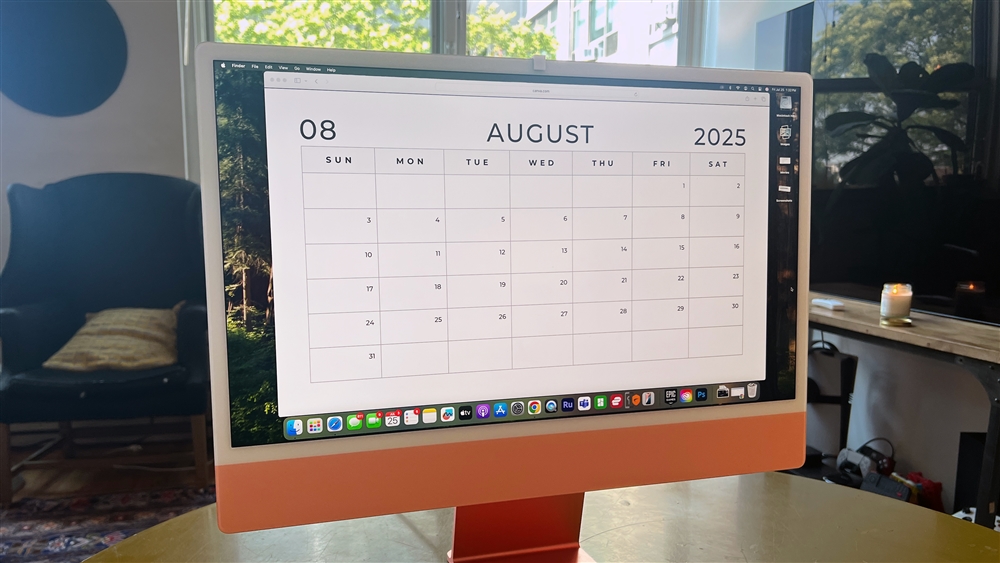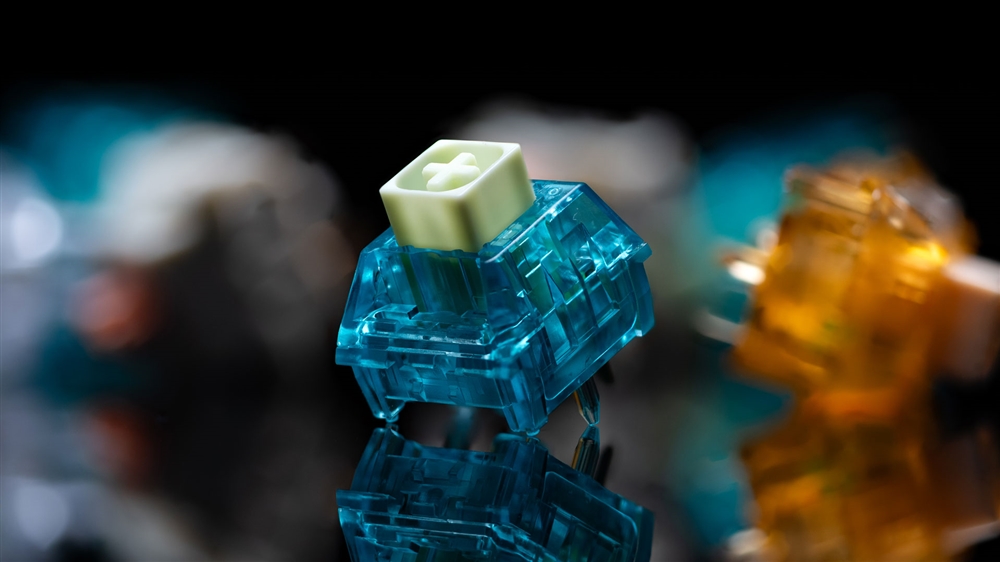How Long Do Processors Last?
Curious about the lifespan of your CPU and how to make it last? Dive in as we break down practical ways to extend your processor’s life, spot early signs of failure, and know when it’s time for an upgrade.How-To

It's the way of all silicon: If you use your computer for long enough, every part will die eventually. That said, you're probably not here to get philosophical about it — you're wondering about the practical question of when you might need to replace your computer processor (CPU). You're asking: How long do processors last?
The good news is that the CPU in your computer is a surprisingly resilient piece of tech — but it still requires care to perform at its best. We'll look at the facts about how long you can expect a processor to last and what you can do to keep yours in tip-top shape.
What Does a CPU Do?
The CPU is the primary "brain" of your computer. When you tell your computer to load a file, add or delete text, move your game character, or do practically anything else, the command goes to the CPU. The CPU then processes the command (thus the name) and puts it into action.
Your CPU coordinates all of your computer's other components, as well as performing millions or billions of calculations itself. CPUs generate significant heat, which is why you'll see that nearly all computers have dedicated CPU coolers (either liquid or air-based). With all that workload and heat, you might expect CPUs to burn out faster than other computer parts.
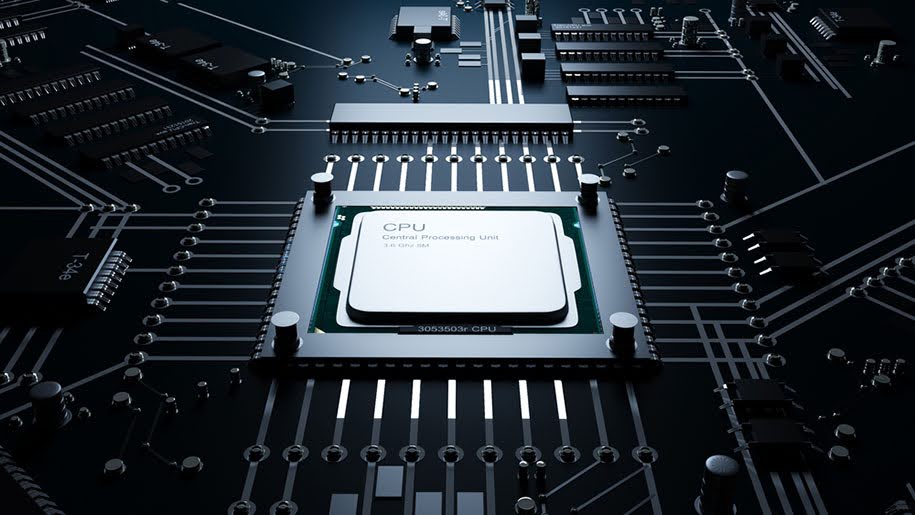
In reality, CPUs are among the most long-lived components in most people's PCs — but that doesn't mean they're eternal. Next, let's see how long you can actually expect a given CPU to last and stay relevant to your needs.
How Long Do Processors Last?
Most CPUs don't actually "die" in the sense that they totally stop working. They're much more likely to become obsolete, meaning their hardware is too outdated to effectively run the applications you want to use. The majority of users will simply end up replacing their whole PC rather than their processor — since by the time your processor can’t keep up, you're likely dealing with other dated hardware as well.
So, how long can you expect to use your processor before this happens? With normal use, a given processor should usually be able to give you approximately five years of relevant performance. That number can be shorter if you buy a less powerful processor at the end of its life cycle or longer if you choose a newly released, high-powered model. In general, though, five years is about what you can expect.
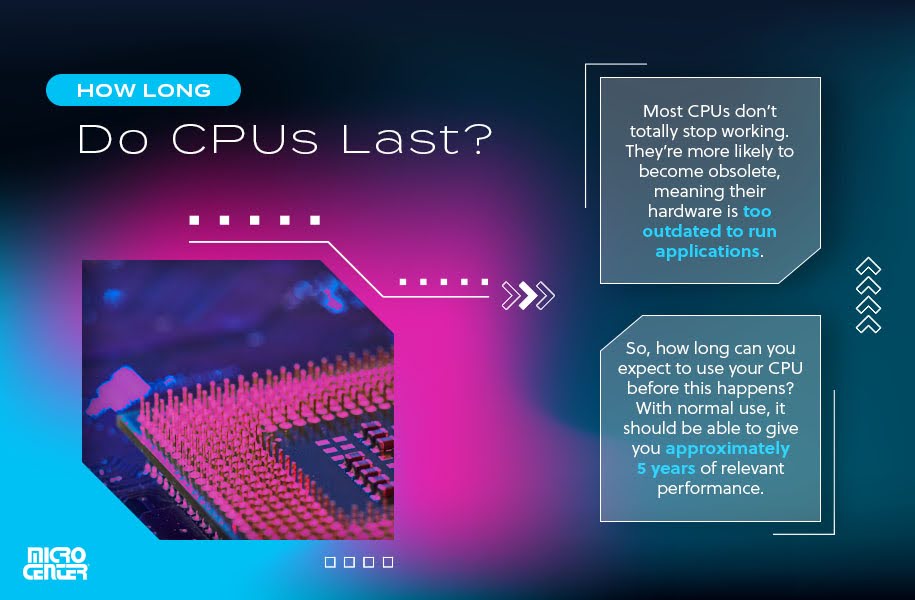
That doesn't mean CPUs are invulnerable, of course. However, when a processor does wear out, it's often because the unit has been exposed to conditions that shorten its lifespan — so take note of these common causes for CPU failure.
Causes of CPU Failure
In cases where a CPU actually fails, what are the typical causes? CPUs can fail for many reasons, but these are some of the ones to keep an eye out for:
- Incorrect Voltage: One of the quickest ways to fry your CPU (and other components) is to supply it with the wrong power voltage. This can stem from a defective power supply unit (PSU), a PSU that doesn't supply enough power for all your system components, or a PSU configured for the wrong voltage.
- Bent Pins: CPUs use tiny electrical pins to connect to the motherboard and can fail when these pins become bent or otherwise damaged. Newer CPUs that use the Land Grid Array (LGA) system will have the pins in the motherboard slot rather than on the CPU, making the pins less vulnerable to damage. Either way, however, a sufficiently bent pin can prevent a CPU from sitting correctly in its socket.
- Overlocking: Overclocking is the common practice of running a CPU above its stock clock settings. This can improve your PC's performance by squeezing more power out of the processor, but it can also shorten the processor's lifespan significantly. If you regularly overclock your processor, especially far above its stock settings, you may need to replace it sooner than you otherwise would.
- Overheating: CPUs generate enormous amounts of heat, especially high-performance processors and those running under heavy loads. A CPU that's constantly running at the upper limits of its heat tolerance may fail earlier and more easily than a CPU that mostly keeps cool.
- Manufacturing Defects: It's rare for a processor to simply fail from inherent defects, but it's definitely not unheard of. If your processor has mechanical flaws, they'll usually show themselves quickly — often during the first time you power your system on.
Signs of CPU Failure: What to Look Out For
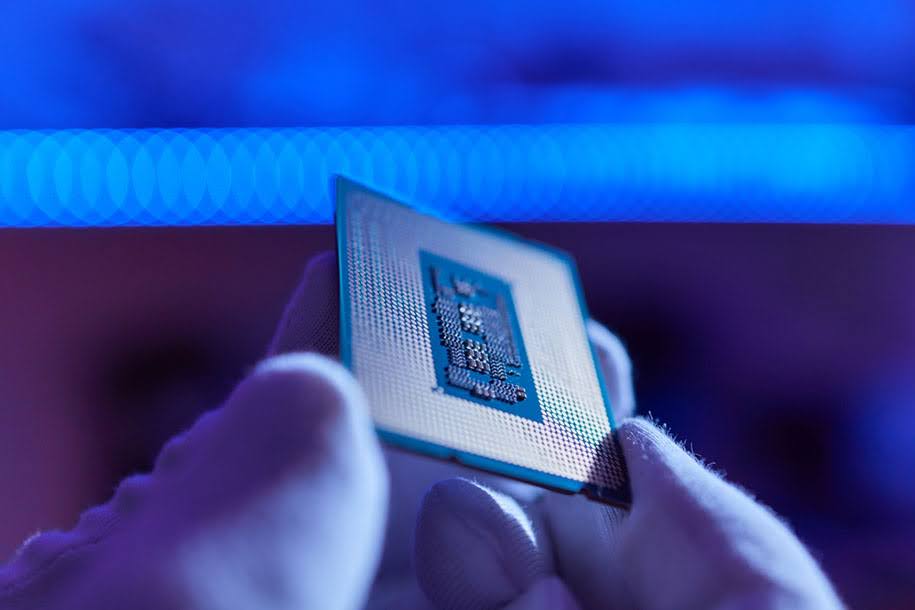
A CPU will often display warning signs of failure before it gives up the ghost. If you've noticed any of the following signs, it might be time to take a closer look at your CPU and consider replacing it.
- Freezes, Crashes, or Restarts: An ailing CPU might be behind the trouble if your system regularly experiences these failures. CPUs that can't handle their required operations will often shut down to protect the rest of the system.
- Poor Performance: Keep an eye on how your PC handles CPU-intensive operations like gaming, music production, video editing, or data analysis. If your computer struggles with choppy performance on these applications, CPU problems could be the cause.
- Overheating: On many computers, the CPU is the component with the highest heat output, and there's nothing unusual about a CPU getting a bit warm. If your PC is constantly getting uncomfortably hot, however, it can mean your processor isn't eliminating heat efficiently. That can have serious implications for your CPU's longevity, and it can also signal issues with the processor itself.
These problems all have two big things in common: First, they can come from many sources that have nothing to do with the CPU, including your RAM, graphics card, or software — and many of these other components are easier to fix or replace. Thus, it's a good idea to find a troubleshooting guide for your relevant issues and work through that first. Monitoring utilities like CPU-Z can help you determine whether the problem originates in the CPU vs. the GPU or somewhere else.
Second, even if these issues do originate in the CPU, they might not trace back to any kind of mechanical failure. If your CPU is older and/or less powerful, it might simply be past its prime and unable to run your applications. Check the recommended specs of any program you're running and verify that your CPU meets the requirements.
Replacing Your CPU
So, you've determined that it's time to replace your CPU. What's the next step?
- Make sure your CPU is replaceable. In many desktop PCs, you can pop out the CPU from the motherboard and insert a new one. Macs and many PC laptops have CPUs that are soldered to the motherboard or even integrated onto a single chip, so the average computer user can't replace them.
- Determine which CPUs are compatible with your motherboard since every CPU is built to fit the size and pin configuration of a certain type of motherboard slot. Our PC builder can provide accurate information on which CPUs and motherboards are compatible. (This is also a good time to verify that your motherboard isn't the source of the troubles — you'll feel pretty annoyed slotting a brand-new CPU into a board that turns out to be dead.)
- Check out our CPU buying guide to learn the basics you should look for when choosing a CPU, and see our advice further down for some tips specific to choosing a long-lived processor.
- Install your new processor. Generally, replacing a CPU is something the majority of users can do. On most machines, it's as easy as removing the old CPU from the slot and replacing it with the new one. (Many CPU replacement guides are available to demonstrate this process.) Just don't rush, and be careful with the pins.
How to Protect Your CPU Lifespan
Take good care of your CPU, and it will reward you with a long life. These are some of the most significant hazards to be aware of:
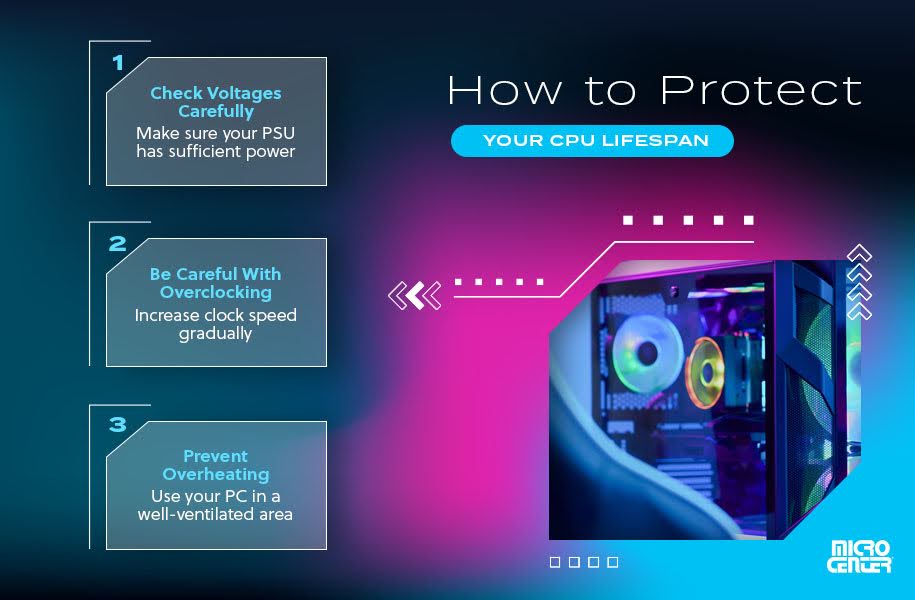
- Check Voltages Carefully: Make sure your PSU has sufficient power for all of your components, and test the power supply before installing it to ensure it's working. Finally, look out for a switch that changes the input from 120v to 220v power and verify that it's on the right setting for your country.
- Be Careful With Overclocking: Overclocking is common among PC users looking for better performance, but it does come with risks to your CPU. If you want to overclock your PC, don’t just crank up the clock speed and hope for the best. Instead, increase the speed gradually and conduct stability tests whenever you change settings.
- Prevent Overheating: Too much heat can negatively affect the lifespan of your CPU, especially if it's in a laptop. Be sure to use your PC in a well-ventilated area that's not blocked by pillows or blankets, clean your machine regularly to remove dust and grime that can trap heat inside, and avoid leaving your PC in overheating-prone locations like a parked car.
However, the ultimate way to extend your CPU's lifespan is to choose a processor that's equipped for success in future applications.
Choosing a Future-Friendly CPU
You've probably heard the term "future-proof" used to refer to computer parts that can handle future innovations. While that term can set you up for disappointment, as nothing in computing is truly future-proof, it's definitely important to think about how your CPU will meet your needs in a few years' time. Call it "future-friendly."
The best CPU choice for longevity is a processor that checks all of your boxes, but offers room to grow. Think about what you'll use the CPU most for and how it matches up with your needs. For example, a video editor will usually want to prioritize a high number of cores and strong multi-core performance, while a gamer will want a fast clock speed and good single-core performance. The ideal is to choose a processor that exceeds your required specs in the areas that matter most to you, creating some wiggle room for the future.
Finally, the generation and technology of the CPU also matters. Look for newer CPU architectures, as well as CPUs compatible with the latest generation of motherboard sockets. These change regularly, especially the architectures, so check out our CPU selection to find out what’s new.
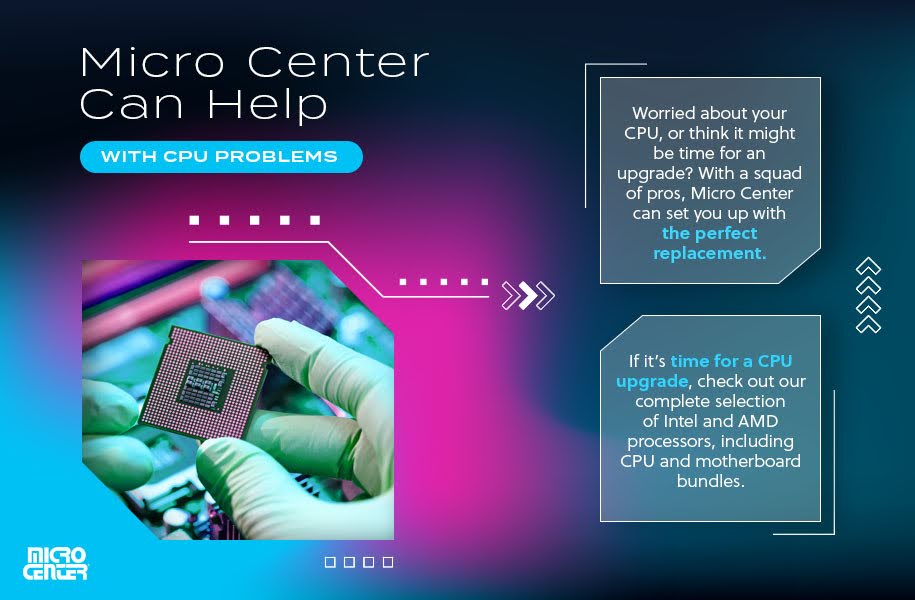
Discover Our Best Deals On Computer Parts
Micro Center Can Help with CPU Problems
Worried about your CPU, or think it might be time for an upgrade? Micro Center is your source for expert PC services, with a squad of pros who can diagnose and fix your CPU issues — then set you up with the perfect replacement.



